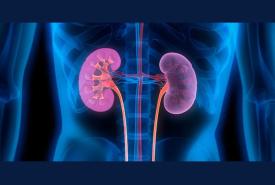Breakthrough in Nerve Repair: Axogen, Inc. Gets FDA Go-Ahead for AVANCE® Nerve Graft
U.S. Food and Drug Administration officially approved a Biologics License Application (BLA) for AVANCE, a processed human nerve scaffold developed by Axogen, for treating peripheral nerve discontinuities in both adults and pediatric patients, including infants aged as young as one month.


















